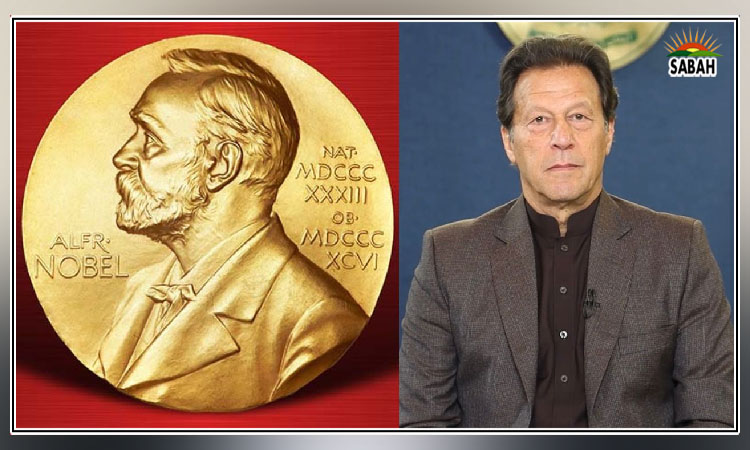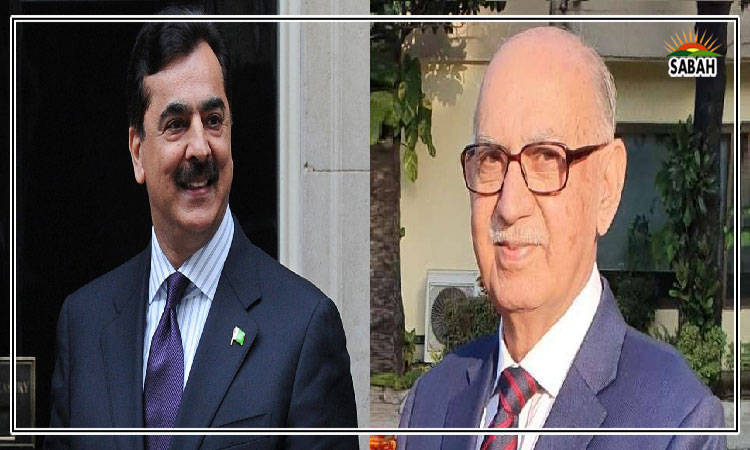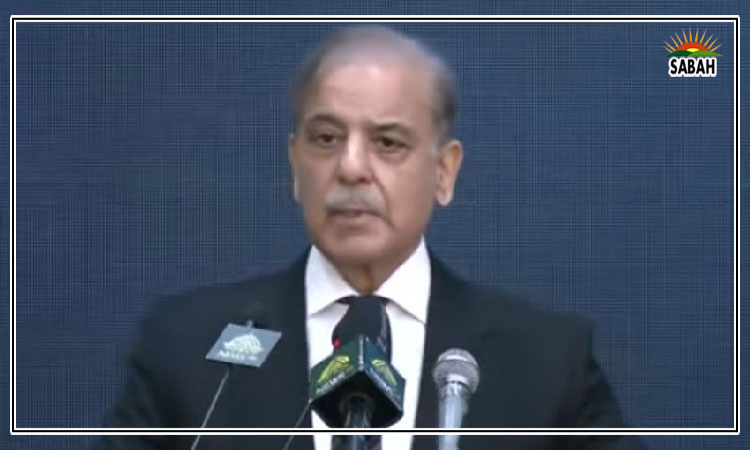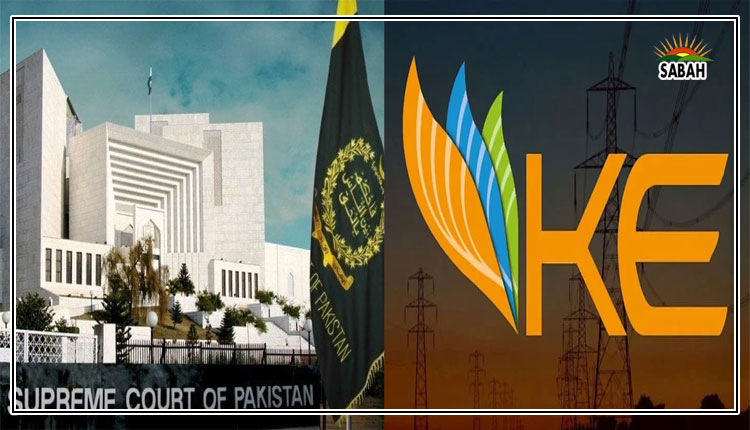Apex court disposed of JI’s petition challenging the 2005 privatisation of K-Electric deeming the plea ineffective
ISLAMABAD, June 06 (SABAH): The Supreme Court of Pakistan disposed of the Jamaat-e-Islami’s (JI) petition on Tuesday challenging the 2005 privatisation of K-Electric (KE) deeming the plea ineffective.
During earlier proceedings, Chief Justice of Pakistan (CJP) Justice Umar Ata Bandial had said that the top court would not interfere in economic matters as it did not have the required ‘expertise’ as a bench heard the KE privatisation case.
CJP Bandial had advised the petitioner’s lawyer, Rashid Razvi, to approach the concerned high court in the matter.
He had highlighted, however, that the parliament made two laws related to clause 3 of Article 184 – which state that for the court to have original jurisdiction on an issue, it first needs to be of public importance and must involve a violation of fundamental rights enshrined within the Constitution.
“A lot has happened in the past in Article 184(3) cases,” observed Justice Athar Minallah during the hearing on Tuesday, noting that the Pakistan Steel Mill case was also heard under the same provisions.
“Why should the court take up this case against the privatisation of KE?” he questioned, adding that the JI had access to the parliament and urged the party to raise the issue over there instead.
“This plea under Article 184(3) is against the economic policy of the government,” the judge continued.
“If the parliament fails, then the option of the judiciary always remains,” argued the JI’s counsel; but he was snubbed by Justice Minallah who advised him not to say “that the parliament has failed”.
“Wouldn’t the parliament fail if there is no respect for the institution?” inquired the judge, urging the JI to uphold the sanctity of the country’s highest forum of debate.
Mrs. Justice Ayesha A. Malik also joined her colleague in his reservations over the petition adding that “the SC has already decided that such matters are Nepra’s jurisdiction”.
CJP Bandial observed that “two judges have raised legal points in the case”, adding that “we will not look into how much investment came in and what were its outcomes”.
“We speak from experience when we say that it is very easy to dismiss and extremely difficult to pull things together,” he added.
The CJP also noted that the privatisation was a result of “unresolved public grievances” and said that “it is difficult to go into details at this point”.
“If the SC writes in its orders that it is to stay out of economic matters then that could have far-reaching consequences,” CJP Bandial stated as he urged the JI to withdraw its application instead and consult the relevant forum.
After judicial observations, all the petitioners, including the JI, withdrew their petitions and the court disposed of the petitions.












